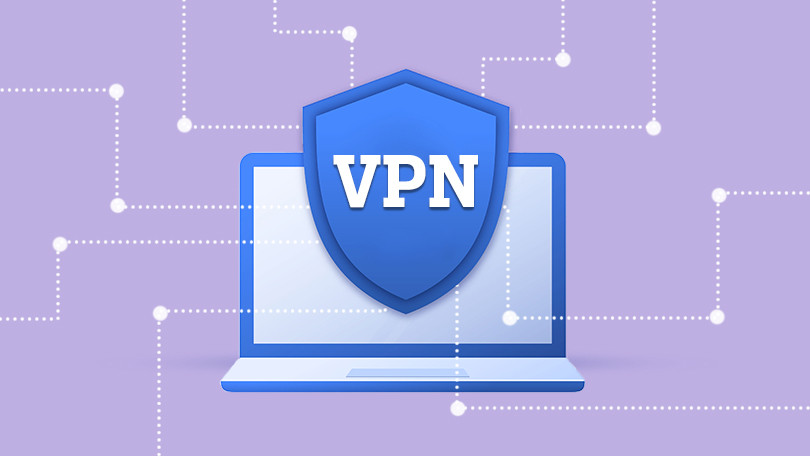Privacy is a concern in any kind of lawsuit. Protecting your online privacy is easier than ever thanks to Virtual Private Networks, or VPNs.
Typically, VPN users focus on speed when searching for a provider, but a decision as important as choosing a VPN shouldn’t be solely focused on fast speeds. The truth is that most VPN providers offer the same technology, and neither providers nor users have much control over speed.
The most important factors to consider when selecting a VPN include encryption capability and your ability to remain anonymous.
Keeping Your Personal Data Safe
VPN services always ask for information from subscribers, but how they store and use that information is important. Personal information that may be collected includes the following:
- Email address for managing your account
- Payment data for payment processing
- Cookies that identify your location, such as ZIP code or state
It is ironic, but the very information you provide to sign up with a VPN may put you at risk of being identified, so do your homework and find a provider that collects little or no personal information.
Encryption and Kill Switches
As a rule, most VPN users are first and foremost concerned about privacy. That is what makes the kill switch so important. A VPN kill switch, or internet kill switch, is a special feature that automatically disconnects your device if the internet connection goes down. The quick disconnection ensures that your IP address or other secure information does not get accidentally exposed if your online connection is compromised.
System-Level Kill Switch
A system-level kill switch provides heightened security. When enabled, it blocks the online connection, not only to specific applications, but also to the entire device. It will not turn back on until the connection to the VPN is restored or there is a network adapter reset. System-level kill switches are incredibly effective in preventing IP leaks.
Application-Level Kill Switch
Application-level kill switches allow the user to choose the applications that should be shut down when the kill switch is activated. You can select any program to be shut down in the event of an internet failure, including browsers, email applications, bit torrents, Vuze, Utorrent, and applications like Skype.
256-Bit AES Encryption
In addition to the kill switch, VPNs with military-grade encryption are superior. AES-256 encryption, often done through OpenVPN, allows users to do their own configuration and choose the desired encryption level. For maximum protection, seek out IPv6 and DNS leak blocking, in addition to MACE ad and malware blockers.
Some VPNs operate on RAM-only servers, which enhances security. That means every time a device reboots, all of the data gets wiped.
Privacy Practices and Usage Data
Check your desired VPN’s privacy page for information about data collection and usage. There you can find out if the company retains your browsing data. Some Virtual Private Networks are known to use Google Analytics and cookies, which users may or may not be comfortable with, even if the data collection effort is solely for fraud prevention or improving the site performance. A reputable service will provide an email address or other means of contacting customer service.
VPNs’ Legal Applications
As an example, a car accident law firm will often use encryption or VPNs as standard practice for communication with clients and insurance companies. That’s because unscrupulous adjusters know no bounds when it comes to seeking out incriminating information against you. While most of them would draw the line at prying into your personal data, it never hurts to hide behind the veil of a VPN.

